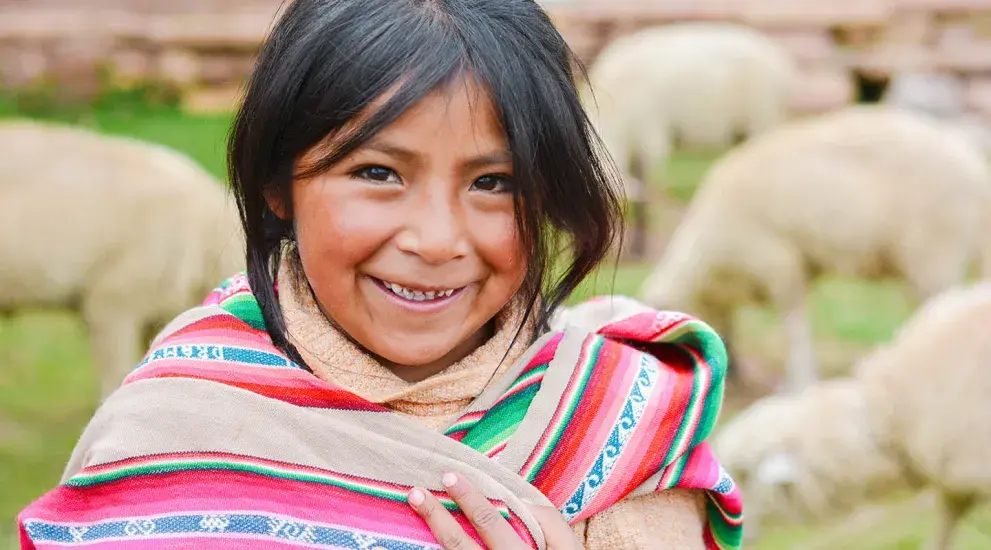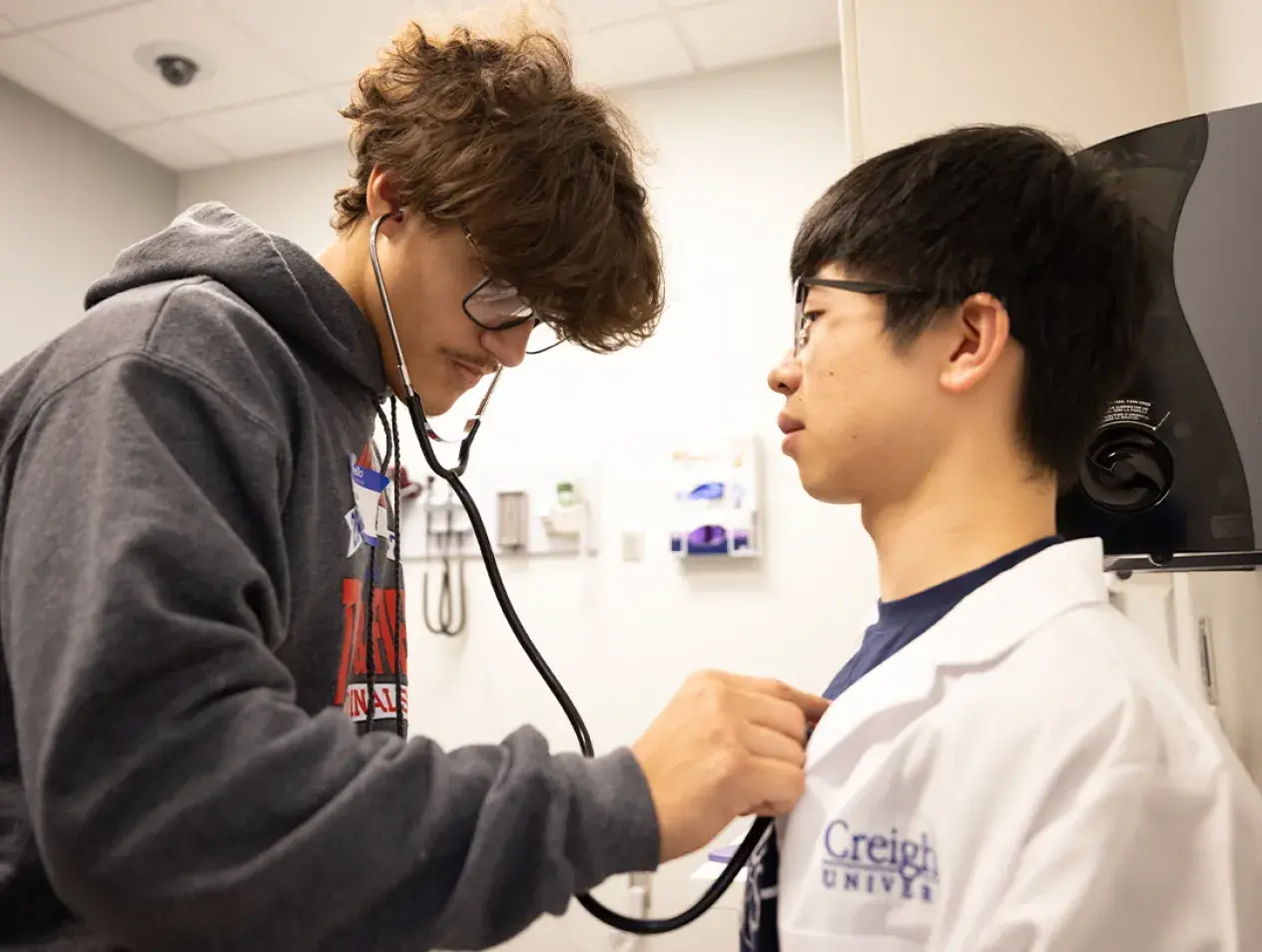
Our Anchor Programs
Our anchor programs are the backbone of our Jesuit values, we develop future women and men about medicine and science so that they can take that knowledge back to their communities.
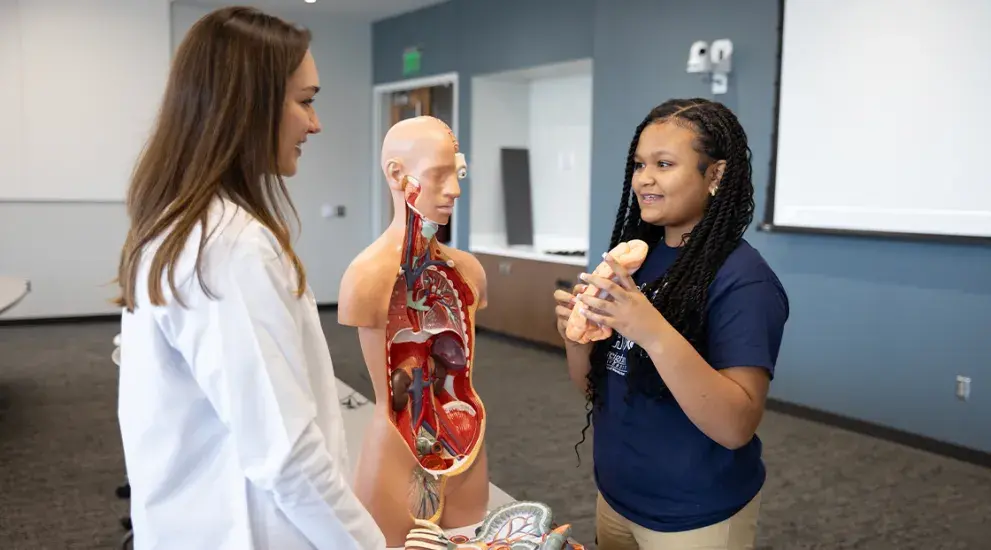
Mini Medical School
The Mini Medical School Program focuses on 4th-12th grade underrepresented in medicine, rural, and first generation students to learn about careers in the health field and the process of applying to medical school.
Pathway Programs
These programs serve students from grade school to college to professional school by providing educational opportunities and exposure that allow diverse students to be competitive applicants for health science schools.
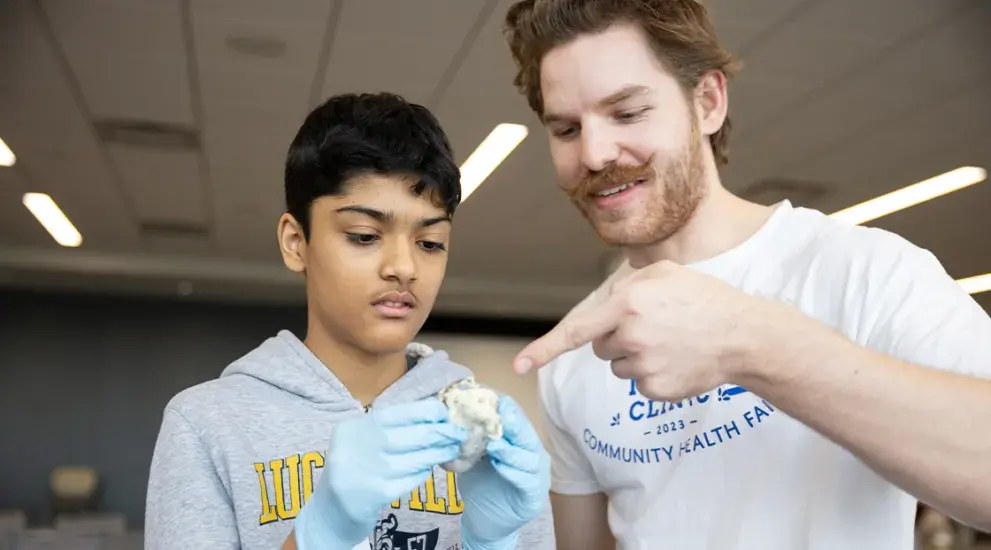
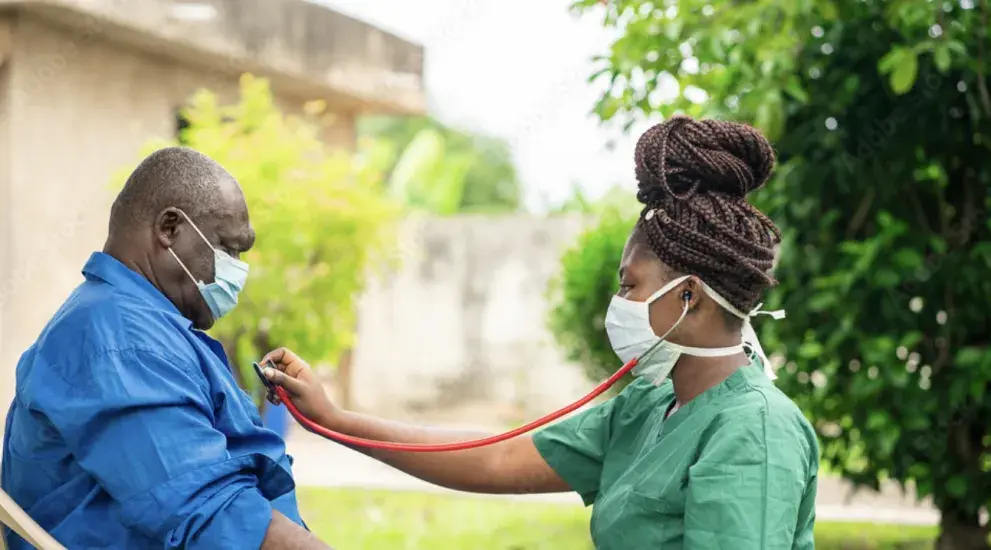
Rural Medical Science Program
Rurality through Rural Doctors & School-Age Student Pathways
There are glaring healthcare disparities in rural communities.
These disparities are often challenges associated with recruiting and retaining doctors.
The problems are mirrored in the paucity of medical schools that provide rural training options. Creighton offers access to our rural pathway program for students who reside in rural areas.
Depending on the specialty rural rotations at CHI Health may also be available. The shortages in physicians reflect a decrease in students from rural areas who are enrolled in medical school.
Native American SCOPE Program
The Office of Diversity, Inclusion & Belonging (ODIB) SCOPE Program is designed to increase awareness and motivation for health careers among underrepresented in medicine, rural, poverty-stricken communities, and first-generation students in Nebraska and other states.
The program, with its proven success through several implemented events, aims to develop a cohort of students each year. It supports their journey toward gaining acceptance into healthcare professional schools while fostering a strong sense of community among participants.
ODIB is unwavering in its commitment to providing these students with comprehensive academic, personal, social, and professional support throughout their journey to professional school, ensuring they have the resources and guidance required for success.
